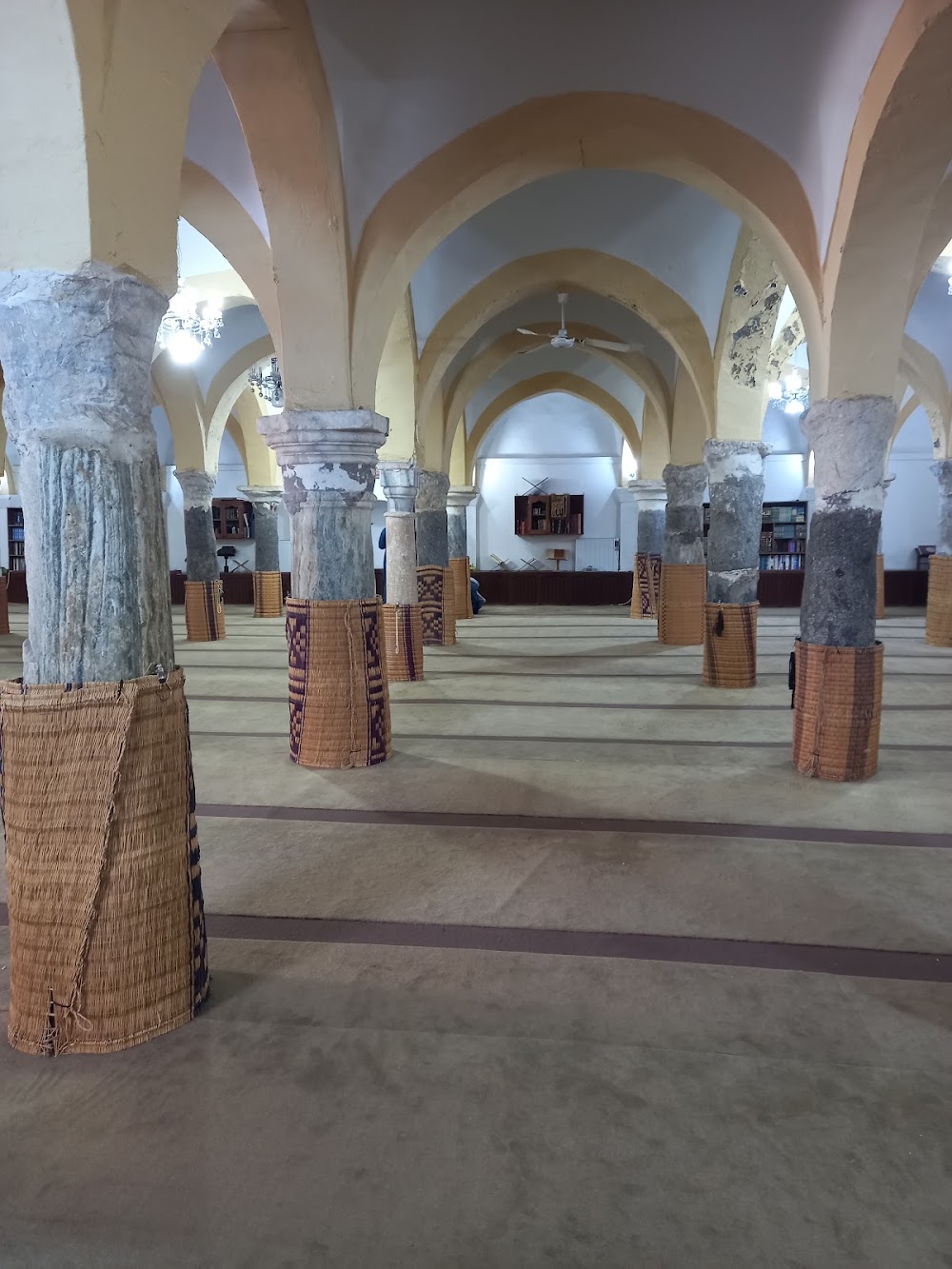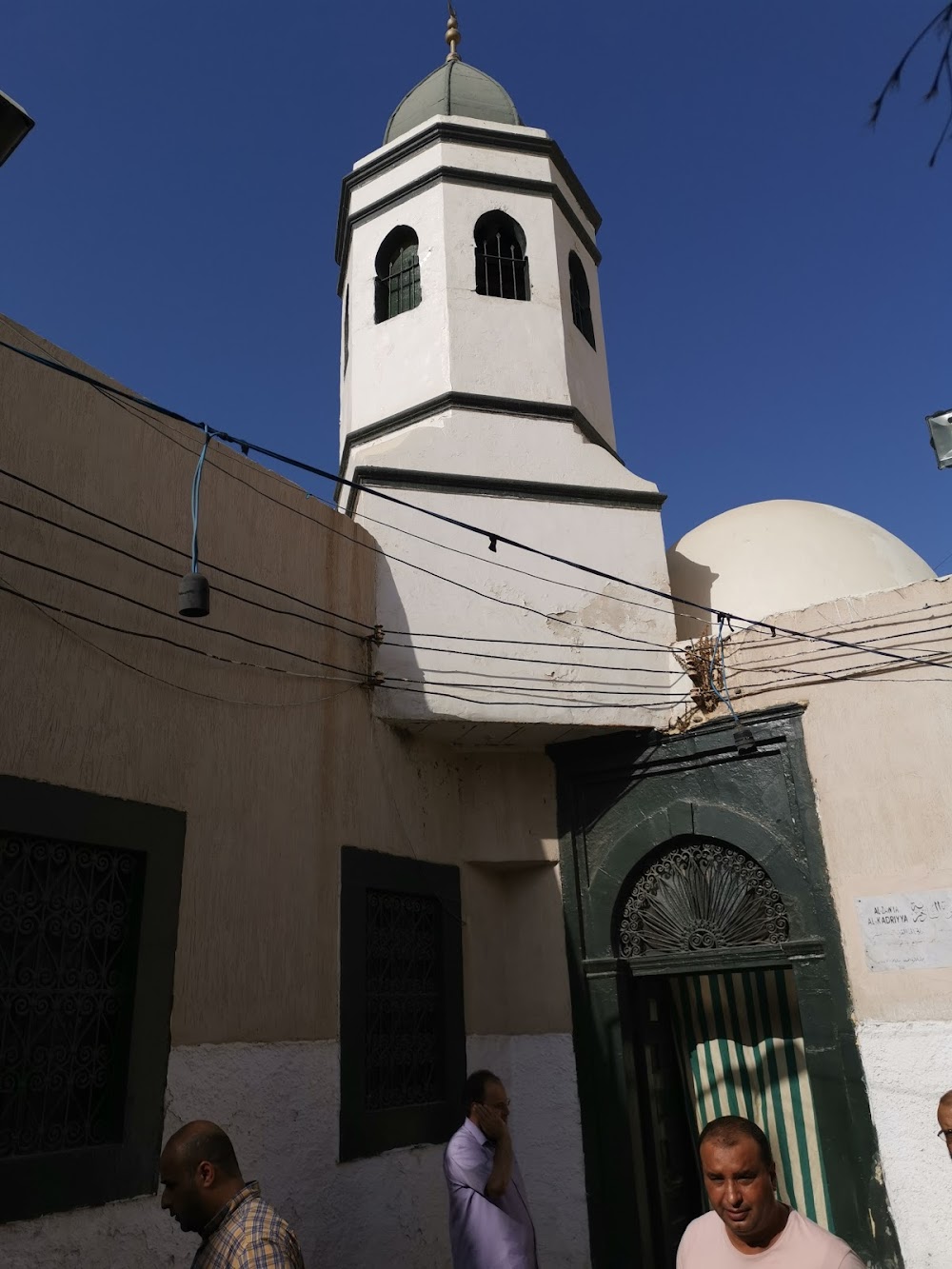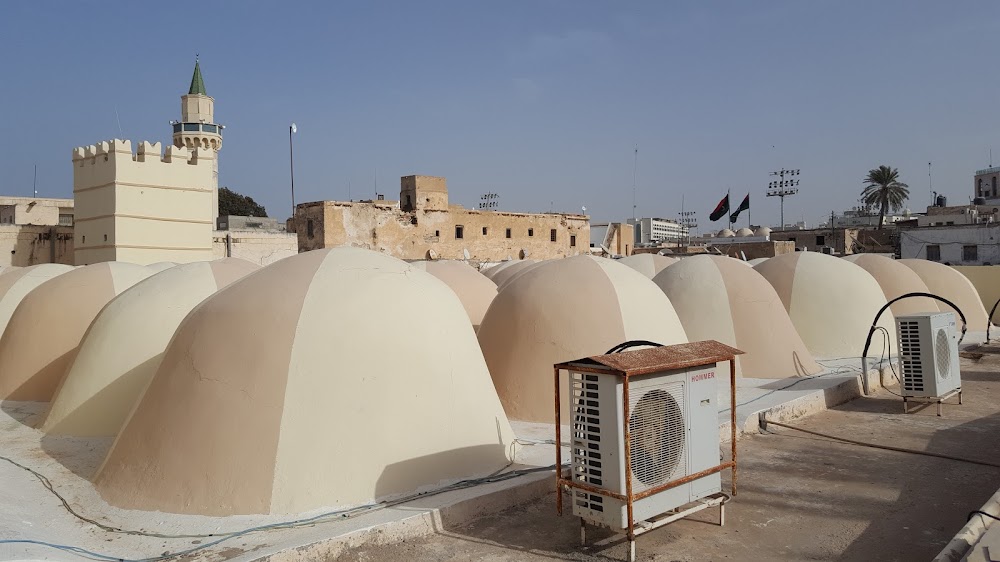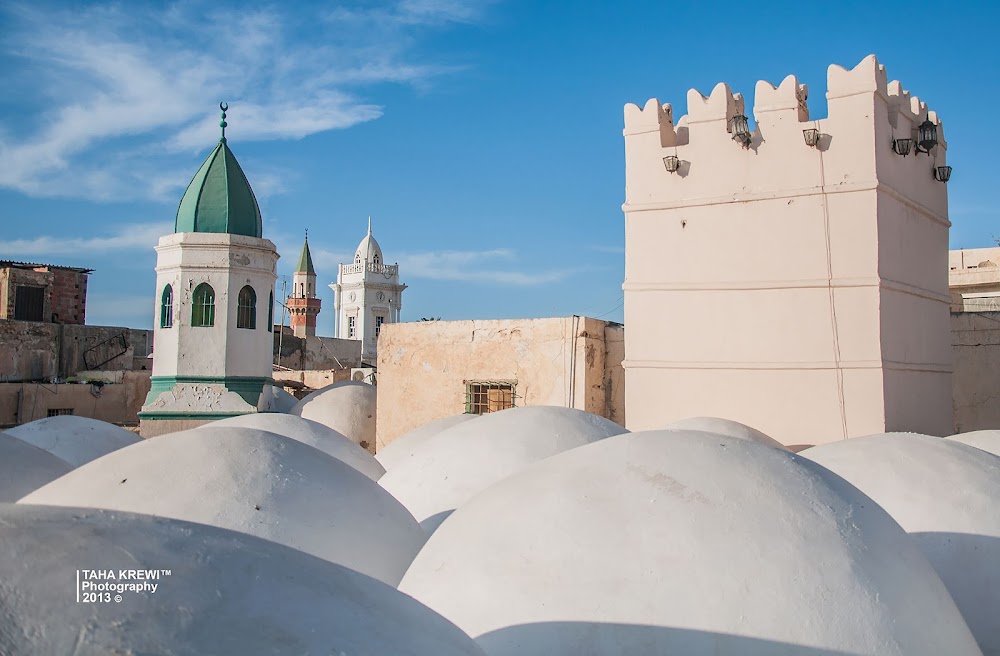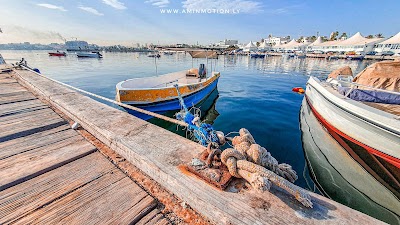Al-Naqah Mosque (مسجد الناقة)
Overview
Overview of Al-Naqa Mosque
Al-Naqa Mosque, also known as Al-Naqah Mosque, is one of Tripoli's most cherished architectural treasures. Nestled in the heart of the Tripoli District of Libya, this mosque stands as a vital historical and religious landmark, embodying the rich Islamic heritage of the region.
Historical Significance
Dating back to the Islamic Golden Age, Al-Naqa Mosque was originally constructed around the 7th or 8th century, making it one of the oldest mosques not just in Tripoli but throughout Libya. Although historians debate its exact establishment date, there is a consensus that the mosque served as a pivotal religious center during the early Islamic period in North Africa.
Legend of the She-Camel
The name "Al-Naqa" translates to "The She-Camel" in Arabic, referencing a fascinating legend tied to the mosque's origin. According to tradition, a she-camel belonging to the Prophet Muhammad chose the mosque's location by kneeling at this site. This sacred narrative enhances the mosque's mystical aura, drawing pilgrims and visitors alike.
Architectural Features
Architecturally, Al-Naqa Mosque showcases traditional Islamic design, marked by simplicity and elegance. The mosque features a central prayer hall, a beautifully adorned mihrab (the niche indicating the direction of Mecca), and a minbar (pulpit) for sermons. Its spacious layout accommodates a large number of worshippers, fostering a sense of community and unity.
Dome and Minaret
A standout feature of Al-Naqa Mosque is its dome, intricately decorated with geometric patterns and Quranic inscriptions. The mosque is also crowned by a majestic minaret that rises prominently against the Tripoli skyline, serving both as a visual focal point and as a call to prayer five times a day.
Renovations and Community Role
Over the centuries, Al-Naqa Mosque has undergone numerous renovations and restorations, enduring various historical challenges, including invasions and natural disasters. Each restoration aims to preserve its original architectural elements while integrating modern features to ensure safety and functionality.
The local community holds Al-Naqa Mosque in high esteem, viewing it as a symbol of their religious devotion and cultural identity. It is a gathering place for daily prayers, religious festivals, and significant communal events. Additionally, the mosque plays a crucial role in the education of the young, hosting regular religious and educational sessions.
A Beacon of Resilience
Despite the challenges Libya faces today, Al-Naqa Mosque remains a beacon of faith and resilience. It welcomes visitors from around the world, eager to experience its historical significance and architectural beauty. More than just a place of worship, the mosque serves as a poignant reminder of the enduring legacy of Islamic culture in North Africa.


